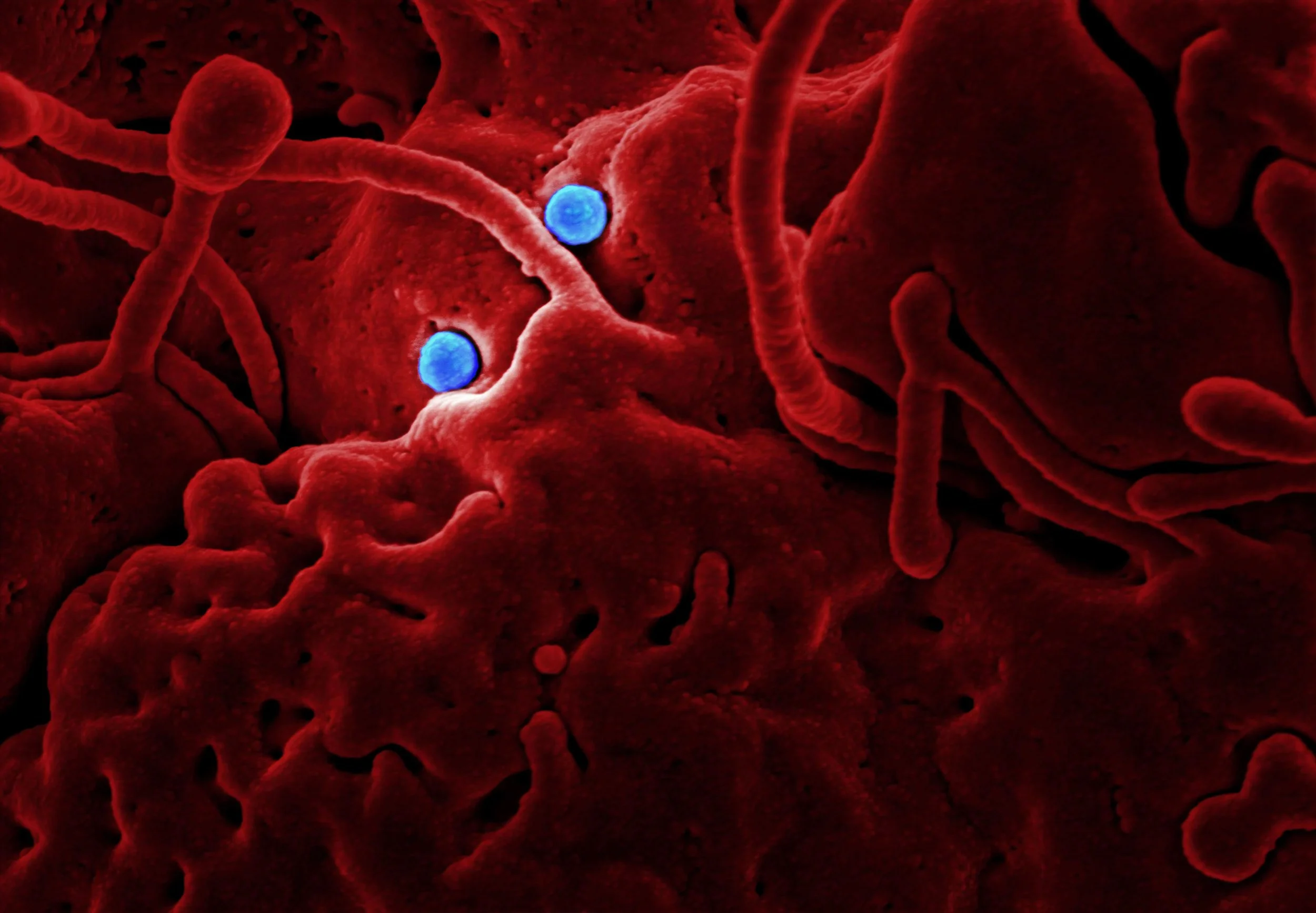Monolaurin and Chronic Fatigue Syndrome: A Comprehensive Review
Monolaurin and Chronic Fatigue
Chronic Fatigue Syndrome (CFS), characterized by persistent fatigue, cognitive difficulties, and other debilitating symptoms, remains a challenging condition to diagnose and treat. As researchers and individuals seek effective solutions, monolaurin, a natural compound derived from coconut oil, has emerged as a potential intervention in managing CFS symptoms. This article delves into the intricate connection between monolaurin and CFS, exploring the scientific evidence behind its potential benefits and its role in enhancing well-being for individuals dealing with this complex condition.
The Complexity of Chronic Fatigue Syndrome
Chronic Fatigue Syndrome, also known as Myalgic Encephalomyelitis (ME/CFS), is a perplexing disorder characterized by severe fatigue that persists for at least six months and is not alleviated by rest. In addition to the hallmark symptom of fatigue, individuals with CFS often experience cognitive impairment, musculoskeletal pain, sleep disturbances, and flu-like symptoms. The elusive nature of its cause and the diverse range of symptoms make CFS a challenging condition to diagnose accurately and manage effectively.
Intro to Monolaurin
Monolaurin, derived from lauric acid present in coconut oil, has gained attention for its potential health benefits. Its antimicrobial, antiviral, and anti-inflammatory properties position it as a versatile compound with implications for various health concerns. Monolaurin's mechanism of action involves disrupting the lipid membranes of microorganisms, rendering them vulnerable and potentially enhancing the body's immune responses.
Monolaurin's Potential Impact on CFS
Emerging research suggests that immune dysfunction and chronic inflammation play a role in the development of CFS. Monolaurin's immune-modulating properties offer a plausible mechanism to address immune dysregulation, thereby presenting a potential avenue for managing CFS symptoms. It can act as an immune system regulator, helping to restore balance and mitigate the exaggerated immune responses observed in CFS patients.
Antiviral Effects: Targeting Viral Triggers of CFS
Certain cases of CFS have been associated with viral infections, such as Epstein-Barr virus (EBV) and human herpesvirus 6 (HHV-6). Monolaurin's antiviral effects make it a candidate for addressing viral triggers of CFS. By inhibiting viral replication and reducing viral load, monolaurin could potentially alleviate symptoms precipitated by these infections, offering relief to affected individuals.
Gut Microbiome: Monolaurin's Role in Microbiome Harmony
The gut microbiome, a dynamic community of microorganisms in the digestive tract, plays a vital role in immune regulation and overall health. Dysbiosis, an imbalance in the gut microbiome, has been implicated in various health conditions, including CFS. Monolaurin's antimicrobial properties extend to the gut, where it could help promote microbiome harmony, potentially influencing CFS symptoms positively.
Incorporating Monolaurin into a Comprehensive Approach
To integrate monolaurin effectively into the management of Chronic Fatigue Syndrome, a holistic approach is essential:
Consultation with Healthcare Professionals: Seek guidance from qualified healthcare providers before introducing monolaurin or any new supplement into your regimen. This is particularly important if you have preexisting health conditions or are taking medications.
Gradual Incorporation: Begin with a low dose of monolaurin and monitor your body's response. While generally considered safe, individual reactions can vary.
Lifestyle Factors: Complement monolaurin use with a balanced diet, regular exercise, stress management, and adequate sleep.
The Horizon of Hope: Monolaurin and CFS Management
While research specifically focused on monolaurin's effects on Chronic Fatigue Syndrome is limited, its potential impact on immune modulation, antiviral activity, and microbiome balance offers a ray of hope for managing this complex condition. Collaborating with healthcare professionals and exploring innovative interventions like monolaurin could pave the way toward enhanced well-being for individuals living with CFS.
Conclusion
The journey toward understanding and managing Chronic Fatigue Syndrome requires a multidimensional approach. Monolaurin's emergence as a potential adjunct introduces a new dimension to CFS management. From immune modulation to targeting viral triggers and promoting gut health, monolaurin's multifaceted attributes resonate with the intricate nature of CFS. As research advances and our understanding of this condition deepens, the alliance between monolaurin and CFS management holds the promise of a brighter future for individuals seeking relief and improved quality of life.
References:
Jason LA, et al. (2015). "The development of a revised Canadian Myalgic Encephalomyelitis Chronic Fatigue Syndrome case definition." Am J Biochem Biotechnol, 11(1), 1-10.
Preuss HG, et al. (2005). "Minimum inhibitory concentrations of herbal essential oils and monolaurin for gram-positive and gram-negative bacteria." Mol Cell Biochem, 272(1-2), 29-34. DOI: 10.1007/s11010-006-9264-y
Yang DJ, et al. (2009). "Antiviral and antimicrobial activities of monolaurin and lauric acid." Wuhan Univ J Nat Sci, 14(5), 321-324. DOI: 10.1007/s11859-009-0044-2
Disclaimer: This article is for informational purposes only and does not substitute for medical advice. Consult a qualified healthcare provider before making decisions about managing Chronic Fatigue Syndrome or incorporating any new supplements into your routine, especially if you have existing health conditions or are taking medications.
Looking for the best Monolaurin?
👉 Click here to explore the best options


